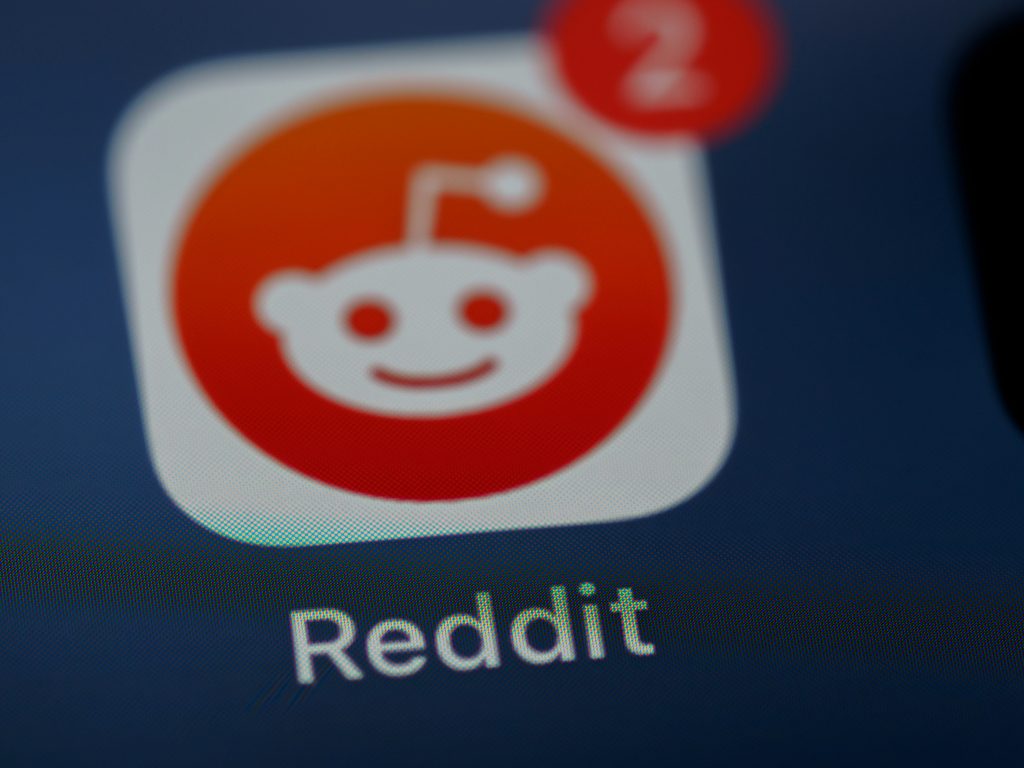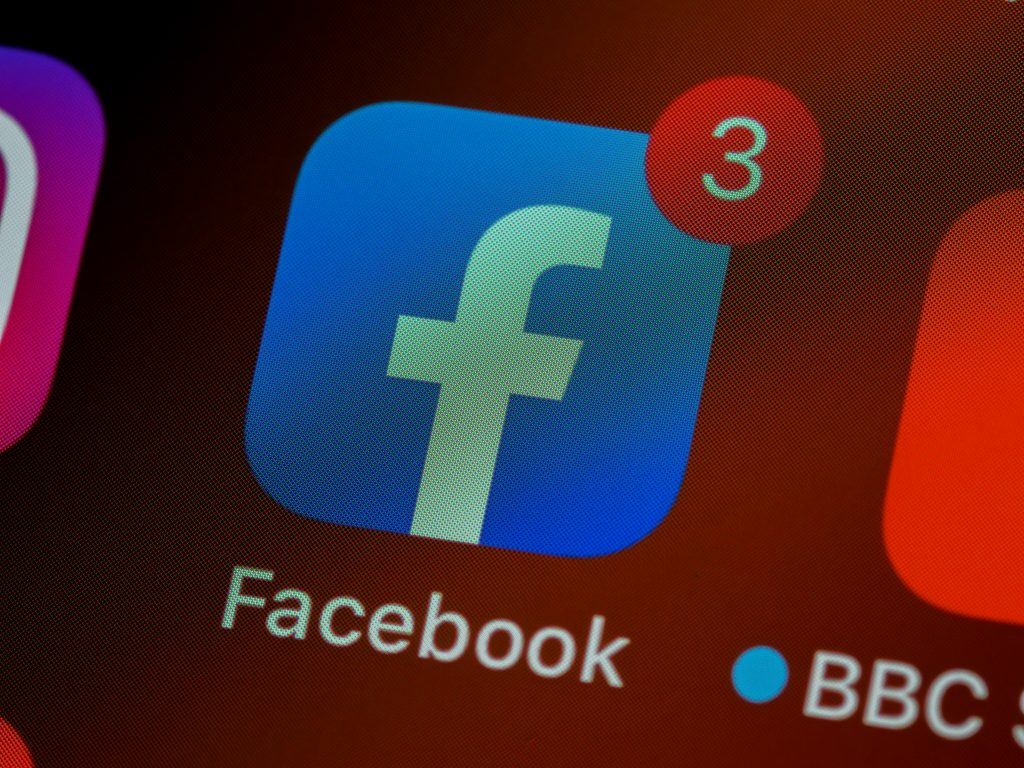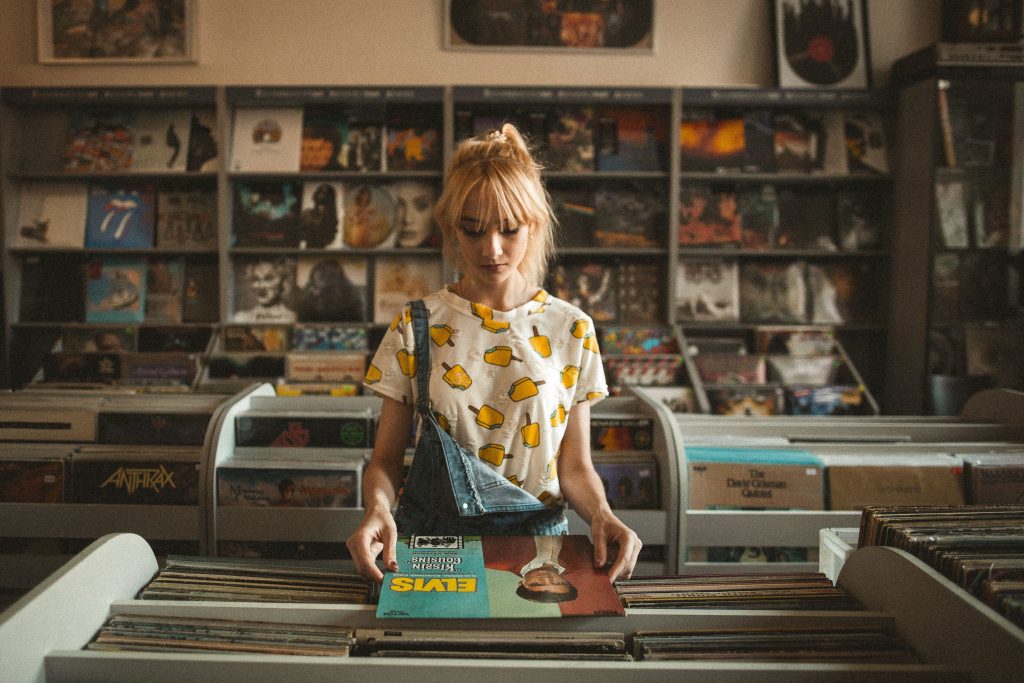You’d think Non-Fungible Tokens (NFTs) and gaming would go hand-in-hand as most games nowadays already have in-game stores to purchase virtual items. Yet right now, the relationship between the two has been rocky, to say the least.
But that doesn’t necessarily mean the end for NFTs within the gaming space, right?
It’s a tricky question to answer. On paper, NFTs and other blockchain-based technologies could definitely work within the gaming space, but not necessarily in the way we’re currently familiar with. Instead, if done correctly, they could revolutionise not just the way we play games, but how we own them.
Claiming ownership
Right now, NFTs within the gaming space have been thrust at fans as “exclusive” collectables, not unlike Bored Ape Yacht Club or CryptoPunks. This has been widely rejected by fans and developers alike. But where publishers are really missing an opportunity is to give ownership back to fans — at least in the digital space.
As we move further into the world of digital-only games, one of the biggest concerns that players may have is dropping £50-60 on a game only for the developers or publishers to remove it from sale in a couple of years’ time. While the game may remain playable if still installed on a console or PC, if those were to become damaged or simply reach end-of-life, that game is gone forever.
Theoretically, the blockchain could prevent this from happening, allowing players to be safe in the knowledge that their purchase remains theirs for the foreseeable, regardless of whether they delete the game from their consoles/PCs or if their tech were to fail.
This ownership could also revive another industry within the gaming space that’s suffering from the digital-only age: pre-owned games.
Waste of space
NFTs and blockchain could, in theory, revive the pre-owned industry. While this would still be massively detrimental to brick and mortar stores, it would mean that players could have control over their video game libraries once again.
Put over 100 hours into the next Witcher game and need to free up space and earn a bit of cash on the side? Cool! With the blockchain, you can re-list it for sale, and because of the nature of NFTs, publishers and developers will still claim royalties from these sales and players get some money back for selling their copy of the game.
This is still conjecture at this stage — but NFTs could provide interesting new avenues of both ownership and revenue for gamers and game makers.
Virtual property
Right now, when you purchase in-game items, whether it’s cosmetics, weapons, or property, you’re essentially trusting the game publisher and developer to keep the game afloat so you can forever access and use these items.
This, in theory, is how NFTs could thrive within the gaming space. Rather than spending your V-Bucks on a skin or a dance in Fortnite that, if the game were to ever be shut down, would disappear into the aether, you’re purchasing a digital item on the blockchain that’s yours to own, forever (and potentially sell on if you get bored with it).
The same could be said for games like GTA where players can purchase and own land and property. Imagine actually being able to “own” the properties you buy in Los Santos, but rather than letting players have a free-for-all over property, there’s only a finite amount available throughout the game. This would introduce a real estate economy for players to take part in, bringing real value to all of those Shark Cards you’ve spent hundreds of dollars on. Something similar to this idea is being put into production in an upcoming MMO by Richard Garriott, the creator of the Ultima video game series.
There’s also the aspect of persistence within games — the world moves on even if you’re offline — but that’s another can of worms we’d rather not open.
Sail the seven seas
DRM and piracy have been in battle for as long as we can remember. Could NFTs and the blockchain put an end to piracy? In theory, sort of, as all sales and exchanges through the blockchain are validated through a series of nodes that are distributed across the network and if a block is unable to be authenticated or validated, it’ll be rejected.
That is, of course, a very basic explanation of how blockchain works, but in theory, this could mean that a rejected block could stop the pirated game from working.
Currently, Sony is working on blockchain-based DRM, though it seems to mostly be for its digital educational literature. Although, who’s to say if this is successful it won’t move over to their gaming sector?
Early days
Admittedly, it is still very early days when it comes to the relationship between web3 and the video game industry. Even if some would argue that the damage has already been done as a result of these premature steps into the NFT space by game publishers, it’s still too soon to determine whether, in the future, the two could co-exist and actually enjoy a successful and mutually beneficial partnership.
If you are as keen on gaming as we are at Gallium and looking for support or consultancy with your own game launch or blockchain-based product or service comms strategy do get in touch with us.




